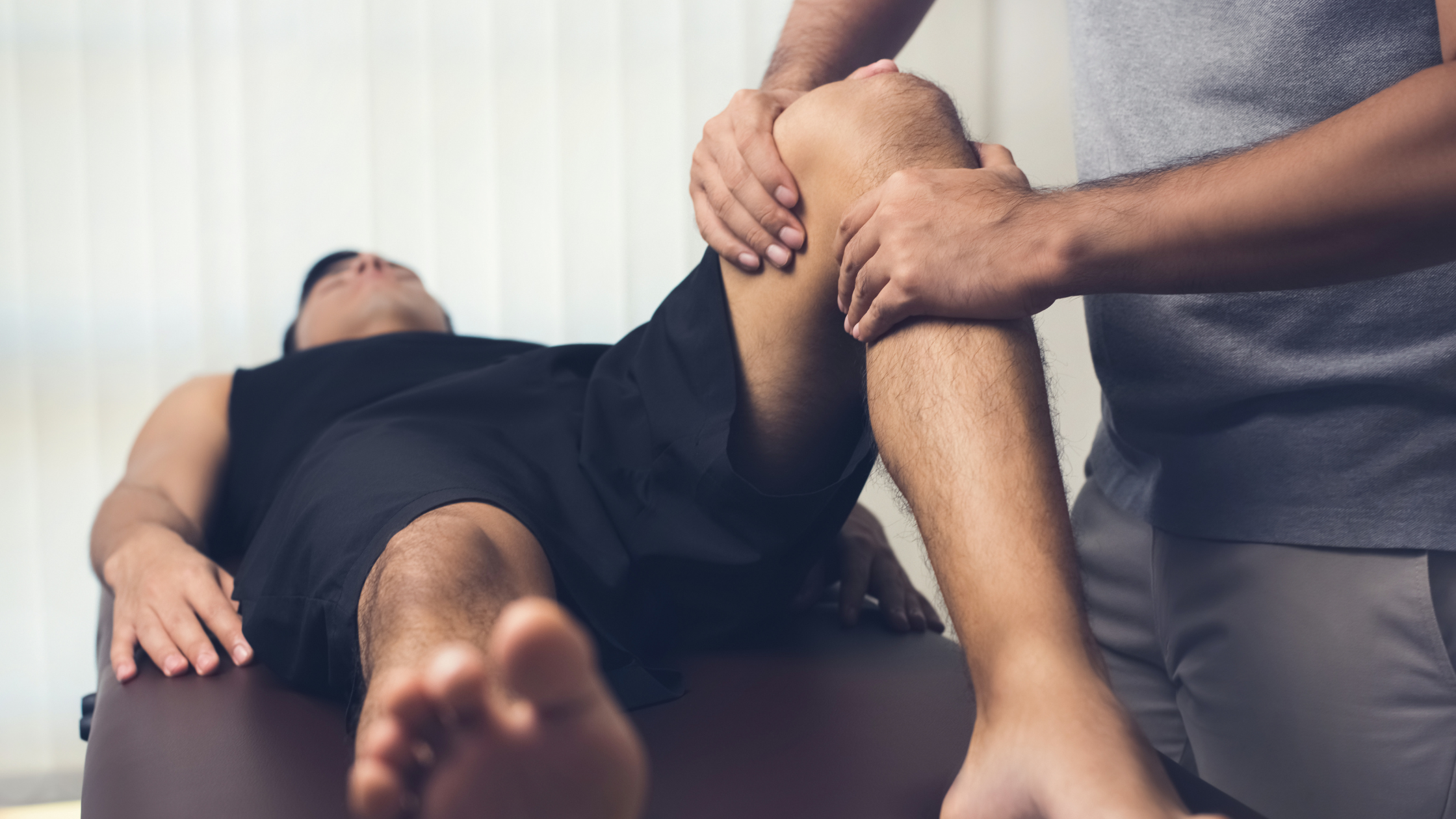
Sleep is often overlooked as a crucial component of athletic performance and recovery. While training, nutrition, and physical conditioning are commonly emphasized, the significance of quality sleep cannot be overstated. Adequate sleep not only helps athletes perform at their best but also plays a pivotal role in their overall well-being. In this blog post, we will explore the relationship between sleep and athletic performance, the impact of sleep deprivation on athletes, and strategies to optimize sleep for improved recovery.
Sleep and Performance Enhancement:
Sleep is essential for optimizing athletic performance in various ways. Here are a few key benefits:
a) Muscle Repair and Growth:
During sleep, the body produces growth hormone, which aids in muscle repair and growth. This process is critical for athletes looking to recover from intense workouts and build strength.
b) Cognitive Function:
Sleep is closely linked to cognitive abilities such as focus, decision-making, and reaction time. Athletes who get sufficient sleep are better able to concentrate, make split-second decisions, and react swiftly, leading to improved performance on the field or court.
c) Energy Restoration:
Sleep replenishes glycogen stores in the muscles and liver, ensuring athletes have the necessary energy for optimal performance. It also conserves energy by reducing the body's metabolic rate, allowing the body to recover more efficiently.
The Impact of Sleep Deprivation on Athletes:
Sleep deprivation can have significant negative consequences on athletic performance and recovery. Here are some ways in which insufficient sleep can impair an athlete's abilities:
a) Reduced Cognitive Function:
Lack of sleep impairs cognitive function, including attention, memory, and problem-solving skills. Athletes who are sleep-deprived may struggle to concentrate, make accurate decisions, and execute complex strategies.
b) Decreased Physical Performance:
Sleep deprivation leads to reduced endurance, strength, and speed. It negatively affects motor skills, coordination, and reaction time, increasing the risk of injuries during training and competition.
c) Impaired Recovery:
Sleep deprivation disrupts the body's natural healing processes. Without sufficient sleep, athletes may experience delayed muscle recovery, increased inflammation, and a higher susceptibility to illness or injury.
Strategies for Optimizing Sleep and Recovery:
To enhance sleep quality and maximize recovery, athletes can adopt the following strategies:
a) Consistent Sleep Schedule:
Maintain a regular sleep routine by going to bed and waking up at the same time every day. This helps regulate the body's internal clock and improves sleep quality.
b) Create a Sleep-Friendly Environment:
Ensure your sleep environment is dark, quiet, and comfortable. Minimize exposure to electronic devices before bed, as the blue light emitted can interfere with the production of melatonin, a hormone that regulates sleep.
c) Prioritize Sleep Hygiene:
Establish pre-sleep rituals, such as relaxation techniques, avoiding heavy meals close to bedtime, and limiting caffeine intake in the evening. These practices can help signal the body to wind down and prepare for sleep.
d) Power Naps:
Short naps of 20-30 minutes can provide a quick boost in energy and alertness. However, be cautious not to nap too close to bedtime, as it may interfere with nighttime sleep.
e) Seek Professional Guidance:
Athletes experiencing chronic sleep problems should consult a healthcare professional or sleep specialist who can offer personalized advice and interventions.
Conclusion
Sleep is an indispensable pillar of athletic performance and recovery. Prioritizing quality sleep allows athletes to optimize their physical and mental capacities, enhance recovery from intense training sessions, and reduce the risk of injuries. By recognizing the critical role of sleep in their performance goals, athletes can harness the power of rest to unlock their full potential in their respective sports. Remember, when it comes to achieving peak athletic performance, sleep should never be underestimated or undervalued.
If you are continuing to have sleeping trouble, that may be a sign of an underlying problem. Please click the orange button below to take a free online sleep test and talk with one of our sleep health professionals.

